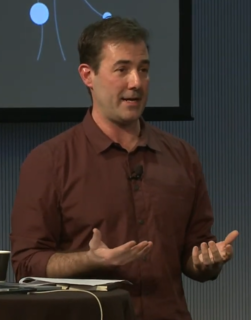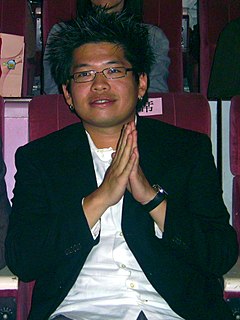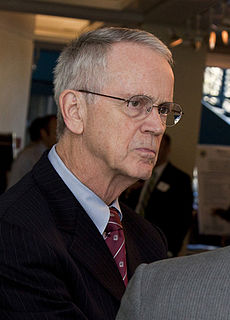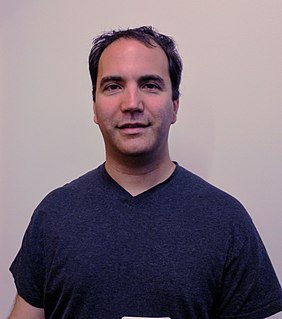A Quote by Tarleton Gillespie
Designed to ‘Effectively Frustrate’: Copyright, Technology, and the Agency of Users.
Quote Topics
Related Quotes
Under the 1998 Digital Millennium Copyright Act, Tumblr, YouTube, Reddit, WordPress, and Facebook aren't responsible for the copyright infringement of each of their millions of users, so long as they take down specific posts, videos, or images when notified by copyright holders. But copyright holders thought that wasn't good enough.
































